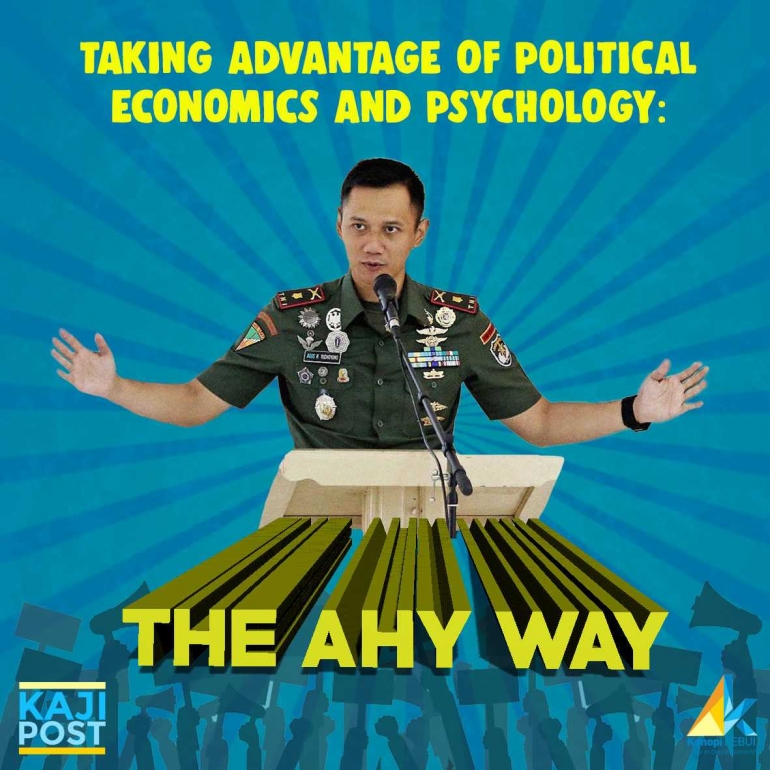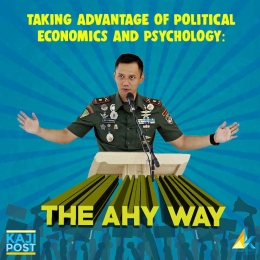Although the tack seems effectual when applied to his potential supporters, the same cannot be said to his political counterparts because of the human nature itself to refute any contradictions towards their standpoint. This may ignite problem when the number of his opposites exceeds that of his proponents, owing to the fact that he is regarded by his political counterparts as a hassle, thereby potentially leaving him bereft of additional support in the future.
Even if Agus manages to impress his potential supporters, there are no guarantees that they will support him automatically. He may impress them on a modicum of variables, but then not on others. Citing DISC theory, stating that each individual has their order of behavior style; we often base our like or dislike on someone in the proximity of their behavior style to that of ours.
We likely have better communication and understanding with those who behave in the manner we prefer rather than with those who lack thereof.[5] On that account, a staunch opposition supporter may agree on ideas Agus comes up with, but thanks to their behavior style difference, that person does not regard him as an ideal epitome to support, or at least to admire. Howsoever, with all potentials he has, success appears to be within his grasp.
Having said all this, what can be the biggest concern and worth ruminating on is how applying such means may prove to be destructive. It was mentioned at the beginning of this writing that although such means may win someone an election, the general public often becomes the victim of politicians' misdeed.
We have also witnessed how several politicians who were framed and campaigned as good-looking, pious, and other sorts of framings ended up in jail and left their administrative regions lagging behind in terms of development. This sort of approach also, in fact, delegitimize ourselves from overseeing and criticising the constitutional government by virtue of our choice that is not based on meritocracy principle.
Without practicing substansive campaign, it is safe to say that the elected leaders will have no moral obligation to undertake deliberate and calculated programmes in the interest of the people they constitute. How is that cogent to slam politicians we voted for in elections when they misdeal if we voted for them just because of their physical appearances or other trivial factors? People may choose options that cost them low, but without wise and careful considerations, the cost we have to bear at the end of the day is going to burden society as a whole unit.
By Yoshua Caesar Justinus | Economics 2017 | Staff of Kanopi Studies Division 2018
References
[1] The Myth of the Rational Voter Why Democracies Choose Bad Policies (https://object.cato.org/sites/cato.org/files/pubs/pdf/pa594.pdf)
[2] The Limits of Public Choice Theory (https://jacobitemag.com/2017/05/30/the-limits-of-public-choice-theory/)
[3] Data Pilgub DKI dari Masa ke Masa, Diusung Banyak Parpol Belum Tentu Menang (https://news.detik.com/berita/d-3273110/data-pilgub-dki-dari-masa-ke-masa-diusung-banyak-parpol-belum-tentu-menang)








